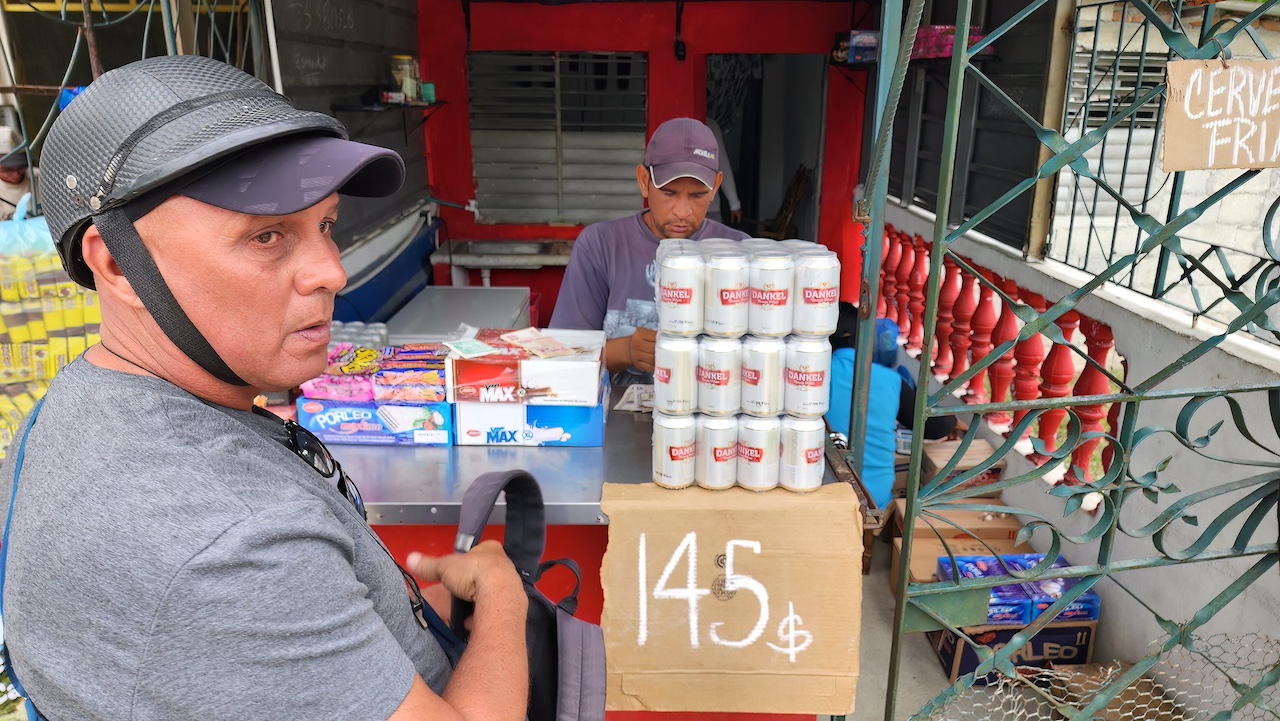There have only been MSMEs in Cuba for three years, and they have already been stripped of the few fiscal incentives the Castroist gods deigned to grant them.
Some time ago they withdrew the two most important ones (broad corporate purposes and tax exemptions in the first year) but now they have taken from them the very few and reduced inducements for entrepreneurship that they still had:
1. The simplified tax regime, which made it easier for small-scale freelancers (cobblers, darners, miscellaneous repairmen, gardeners) to avoid having to hire tax advisors. Now they will all be governed by a single general tax regime for non-state economic actors.
2. Exemption from the payment of personal income tax on dividends obtained in the first year of operation.
3. Exemption from the payment of tax for the first three months for self-employed workers.
And that's the list, because that's how paltry and insignificant the benefits were that Castroism offered to Cuban entrepreneurs, whom it chews up, but does not swallow. Meanwhile, for foreigners the list of beneficial terms is, to put it mildly, a bit longer, and with more generous concessions...
1. Total exemption from personal income tax.
2. Exemption from income tax for a period of eight years, which may be extended.
3. A tax rate of 15% on net taxable profit.
4. Exemption from tax on net profits, or other authorized benefits, in order to reinvest
5. Wholesale sales tax reduced by 50%.
6. Exemption from wholesale sales tax in the first year
7. 50% service tax rebate
8. Service tax exemption for the first year
9. Workforce tax exemption
10. 50% rebate during the investment recovery period on the tax for the use or exploitation of beaches, for approved wastewater discharges in hydrographic basins, for the use and exploitation of bays, or the use and exploitation of forest resources and wildlife, and for water use rights.
11. Exemption from Customs taxes on imports of equipment, machinery and other resources during the investment process.
12. Exemption from the payment of the territorial tax for local development until the investment is recovered.
13. General Customs may grant them special terms with reference to Customs requirements and procedures
14. The Ministry of Finance and Prices may grant them full or partial, temporary or permanent exemptions, and other tax benefits.
Add to this that any foreigner may employ as many Cubans as they need, and open as many companies as they are able to, while a Cuban can employ only up to 100 people, and only participate in micro, small or medium-sized enterprises (MSMES).
The incentives for foreign investors date back to 2014 and remain in force, while those extended to the private sector did not last even three years, and have already disappeared, even though society has had neither the time nor the conditions to generate a strong, diversified and sustainable private sector to enrich it.
Someone might perceive that there are already a lot of MSMEs functioning, and value the high number of people working in the private sector, as well as the growth of their total sales, but the important impact of this sector on Cuban society is not due to its size and quality, but rather to its exceptionality. Just as a glass of water is not much, but can mean the difference between life and death in the desert, Cuba’s relatively few MSMEs have kept the country alive after the collapse of the socialist system, which turned a fertile island into a decadent desert... because the CCP prefers to rule over a wasteland rather than compete in democratic elections in a prosperous country.
Thus, the crucial role played by MSMEs on this ravaged Cuba should not deceive people, as the country's private sector is still tiny and feeble compared to its potential if the Government deigned to take the boot off its neck, this being the real “blockade.”
There is no doubt that Castroism would rather see the US Seventh Fleet disembark on the island than to see the Cuban people prosper. Its policy has been and continues to be to keep the population not only infantilized, but as helpless as possible, like a newborn with the umbilical cord entangled around the neck; if it protests or squirms a lot, it is suffocated by the same mechanism that keeps it alive.
The regime is aware that its fiscal and economic policy plays a decisive role in the volume and management of private investment, which is why it is so revolting to see it prostitute the island to foreign businessmen, to whom it offers villas and castles. Even so, many do not want to invest in collaboration with the traitorous Castroists, all while Cuban nationals, who are yearning to start businesses in their country, receive only repression, threats, blame, increased taxes, absurd limits, legions of inspectors, and the possibility of losing everything at any time at the hands of the socialist government. No wonder people are fleeing the country.
